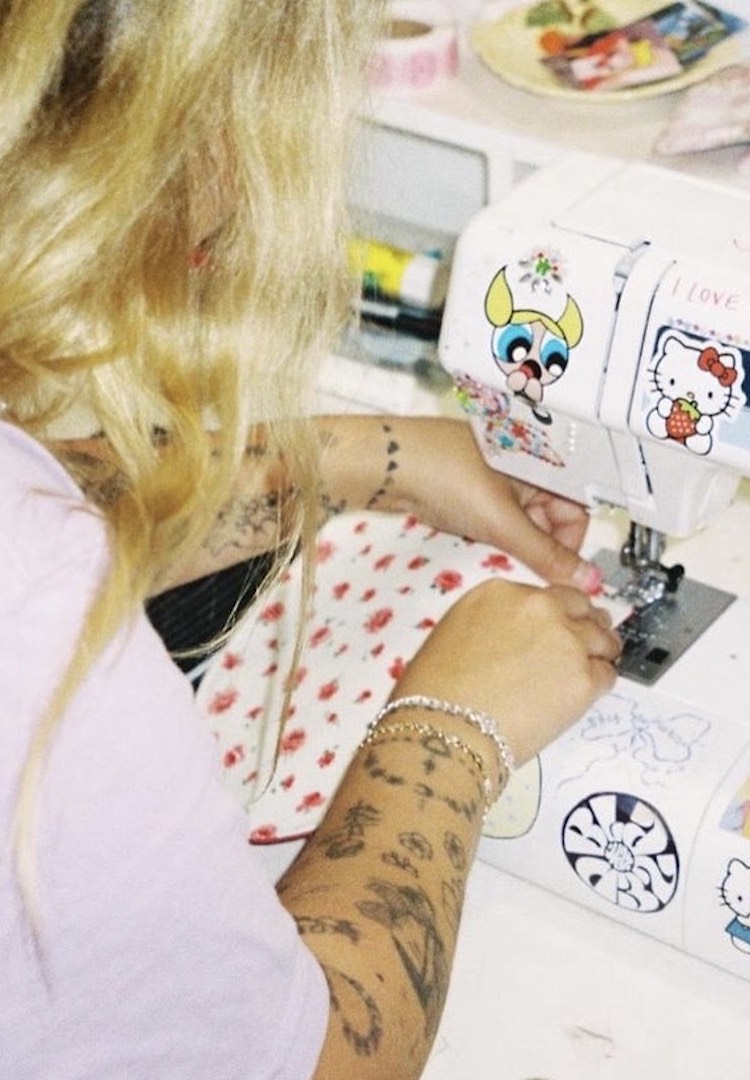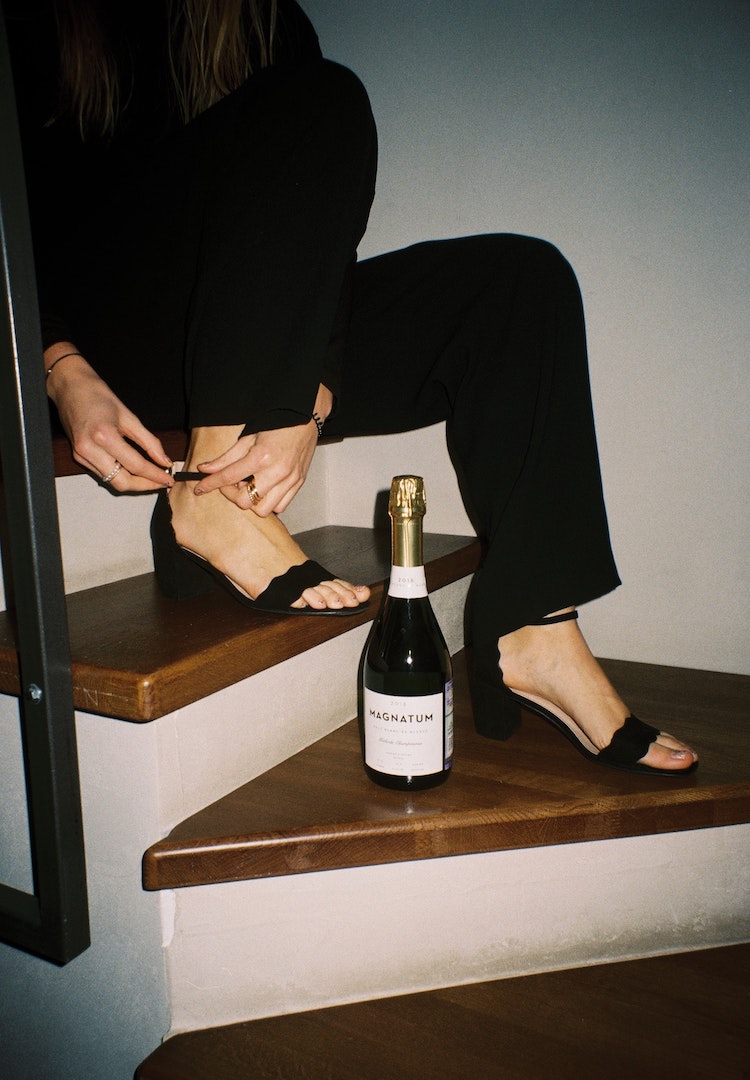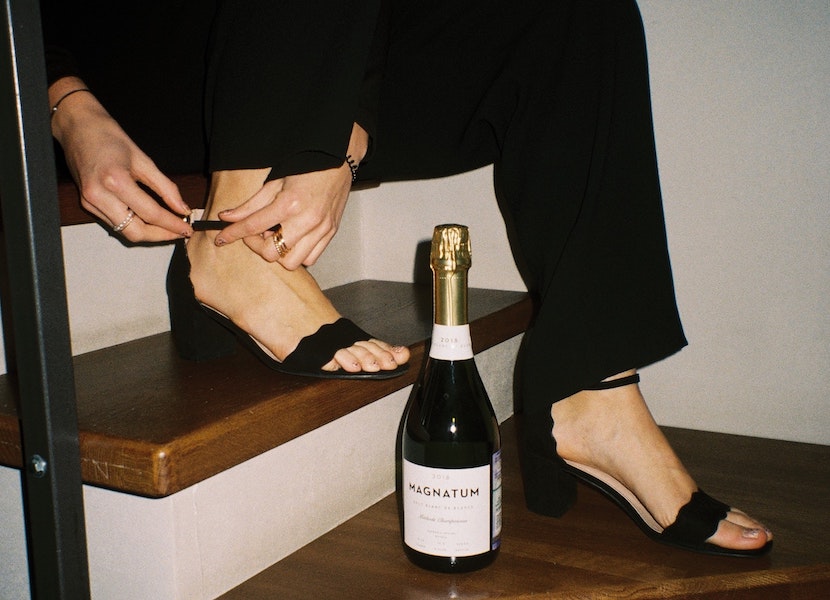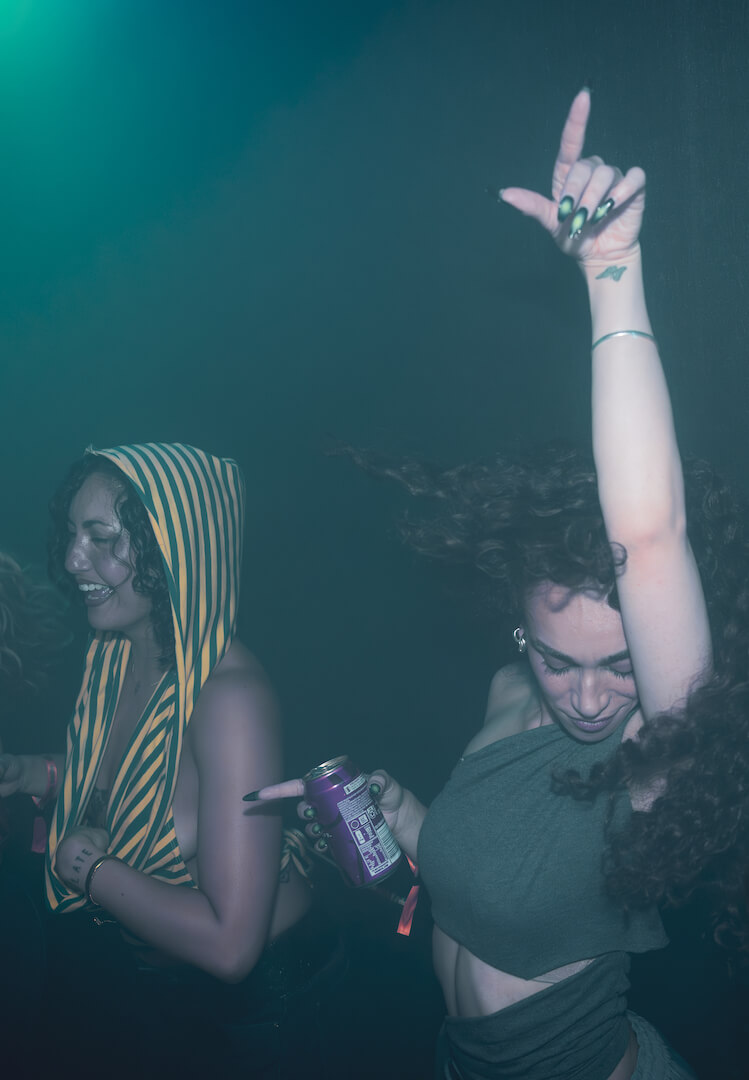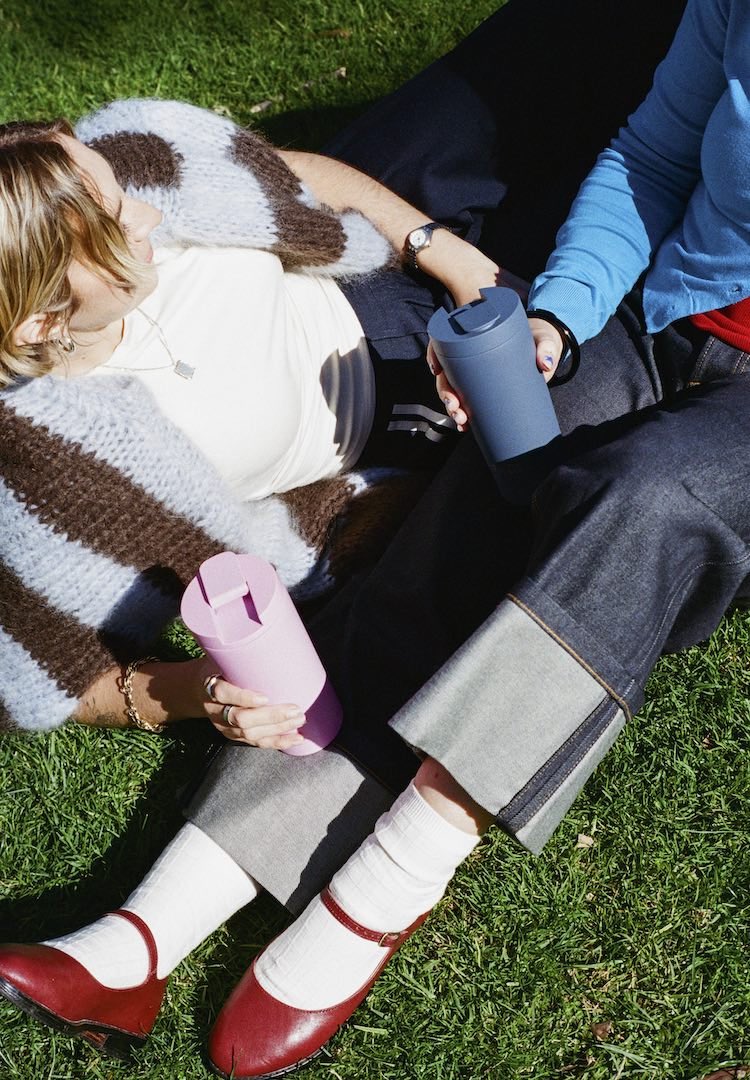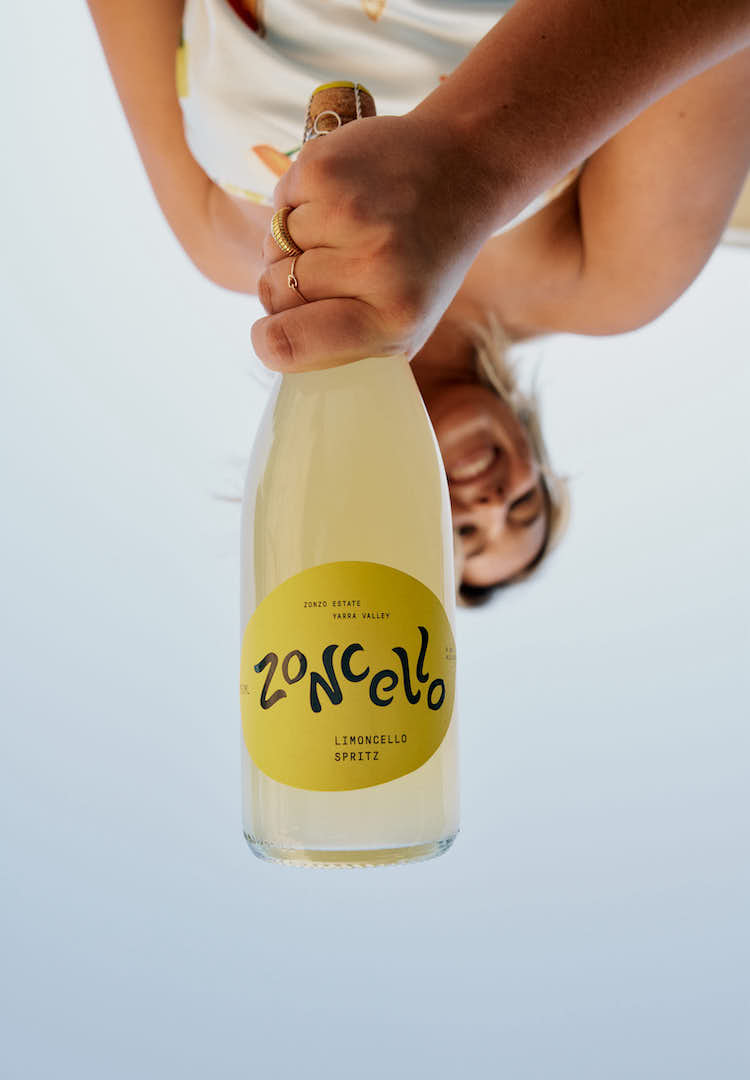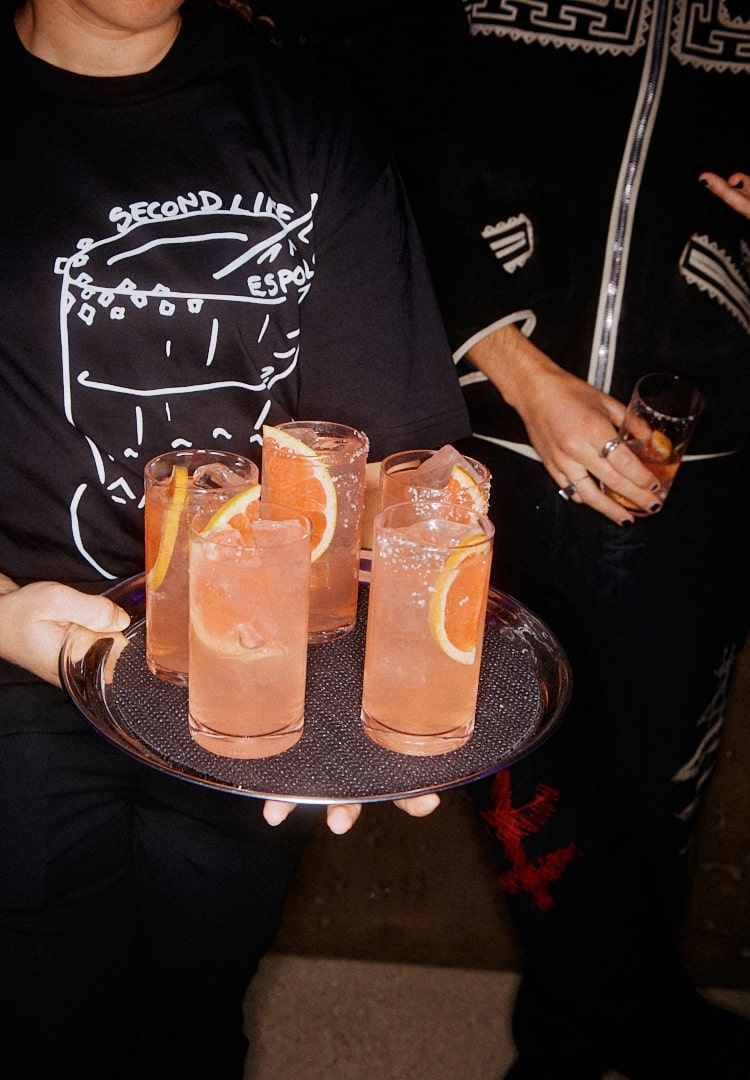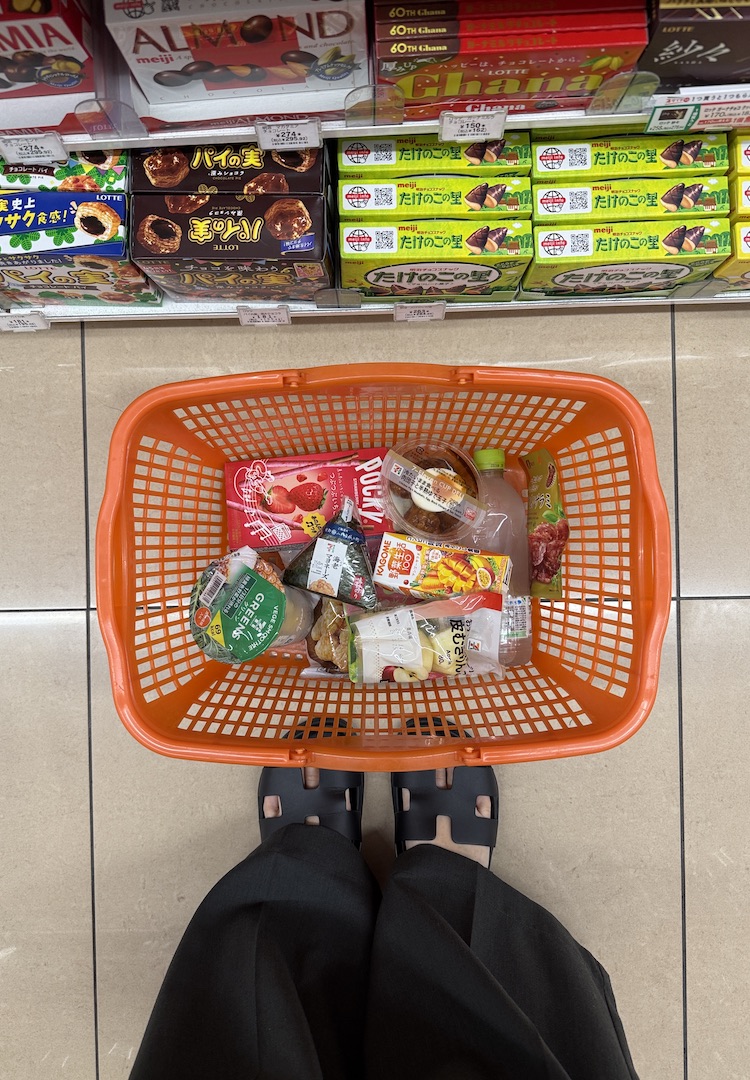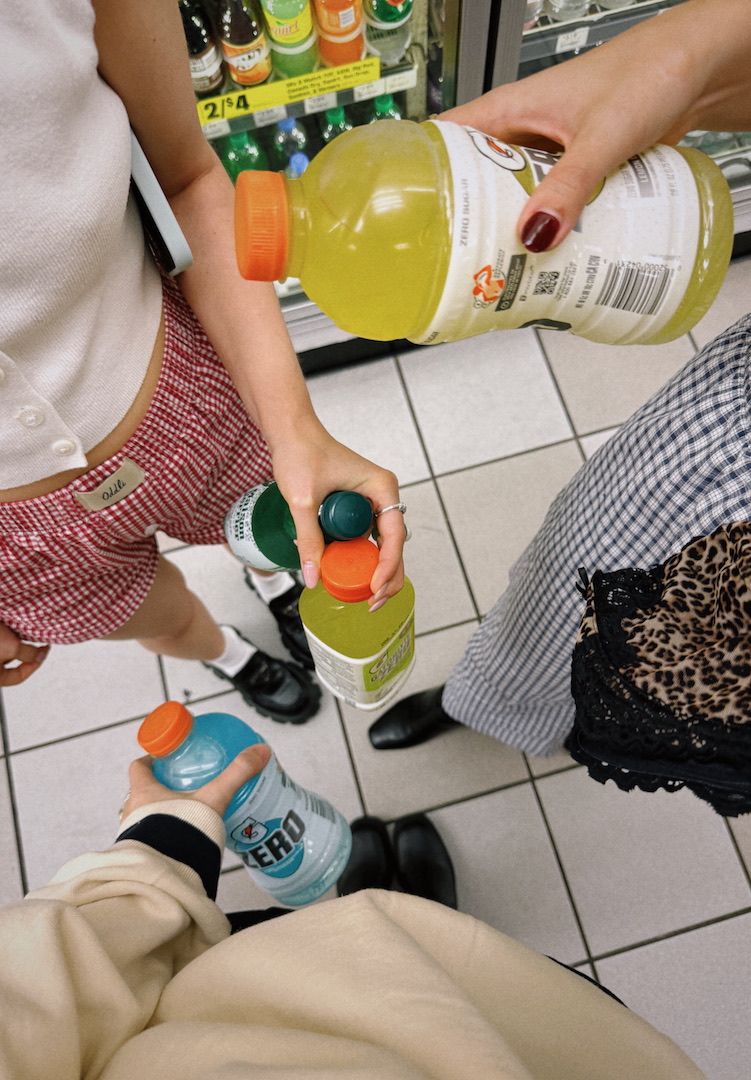Here’s what you need to know about drink spiking
WORDS BY SASHA-MAE WORTHINGTON
“The more we talk about drink spiking, the more we can help reduce [the] stigma surrounding it.”
Trigger warning: sexual assault.
“Is Bree* coming to the gig tomorrow night?” I asked my friend, who was sitting opposite me in a Northcote coffee shop. “I don’t think she’ll be coming out for a while,” she responded, looking down at her empty mug. “She got spiked on the weekend and isn’t coping very well.”
Bree’s* story was the closest I’ve ever felt to drink spiking. While I was warned about it in high school and reminded of it by posters on the walls of local bars and pubs, I (ignorantly) didn’t consider it happening to me – or anyone I knew.
Looking for more stories on navigating the modern world? Head on over to our Life section.
For those who haven’t experienced spiking first-hand, it’s often friends-of-friends stories and depictions in media that stick with you; lingering in your mind as an ever-present cautionary tale. And after recently watching Michaela Cole’s harrowing 2020 series I May Destroy You, the strangers I encounter on nights out – those I previously recklessly shared my secrets with – feel more… menacing.
So am I overreacting, or is spiking more common than we think? I spoke to Dr Erin Lalor, the CEO of the Australian Alcohol and Drug Foundation, to learn more about drink spiking and the signs we should be looking out for.
What is drink spiking?
Drink spiking is when a person deliberately adds alcohol or another drug to someone else’s drink, without their knowledge. Alcohol is the most commonly used drug in drink spiking. If illicit drugs are used, they’re usually depressants that can make a person feel like they’re drunk, or about to pass out.
Drink spiking is illegal and may occur for a variety of reasons, including pranks or facilitating theft or assaults. Concerningly, one study estimated that one-third of drink spiking incidents in Australia are associated with sexual assault.
There are no recent official national data on drink spiking. The Australian Institute of Criminology suggests that between 3,000 and 4,000 suspected incidents of drink spiking occurred in Australia between 2002 and 2003.
However, drink spiking incidents have always been under-reported in Australia. Sadly, some people might not report [incidents] because they’re worried others won’t believe them, or they think they’ll be blamed for what happened, especially if they were already drinking or taking other drugs.
If you suspect your drink has been spiked, we encourage you to make a police report, talk to the venue, and consider speaking with a trusted friend or health professional about your experience. Help and support are available. This can encourage other people to come forward, knowing that they will be taken seriously.
How can you tell if a drink has been spiked?
If your drink has been spiked, you may not be able to see, smell or taste it. The drug or extra alcohol may be colourless and odourless and may not affect the taste of your drink.
Warning signs that your drink may have been spiked include: feeling dizzy or faint, feeling ill or sleepy, feeling intoxicated (even if you’ve had a small amount of alcohol), slow reaction time or impaired coordination, passing out, waking up and feeling uncomfortable or confused, with memory blanks about the night before.
What steps should you follow if you think you’ve been spiked
You know your body better than anyone. Trust your instincts. If you feel like your drink has been spiked, you can ask someone you trust to take you to your nearest hospital. In an emergency call triple zero or ask someone to call for you. If you’re not out with people you trust, talk to one of the venue staff or security.
[After the incident] you can ask your doctor to test for the presence of drugs. Urine or blood tests can pick up traces of certain drugs up to 24 hours later, however, some drugs leave the body quickly and can’t be detected within this timeframe.
Report the incident to the police and/or the venue where the incident occurred. This is important so the venue owners and/or police can understand drink spiking trends. Reach out for information and support. For information about sexual assault, or for counselling or referral, call 1800 RESPECT.
What can we do to help those affected by drink spiking – during and after the event has occurred?
If you are concerned that someone has had their drink spiked, you can help by staying by their side and talking to them and getting them medical help. Encourage them to go to the nearest hospital. Call triple zero in an emergency.
Don’t let them leave the venue alone. Make sure they get to a safe place. Encourage them to follow up with their doctor for further support… nobody should ever feel like it’s their responsibility to prevent their drink being spiked. And it’s never a person’s fault if their drink is spiked.
There are some simple strategies people can use to try and prevent drink spiking. Keep your drink close to you and keep your eyes on it. Avoid sharing drinks and if someone you don’t know very well offers you a drink, go to the bar with them and watch the bartender pour your drink.
If you think your drink tastes weird, pour it out. Buy or pour your own drinks – many people have their drinks spiked by someone they know.
For more information on drink spiking, head here.

